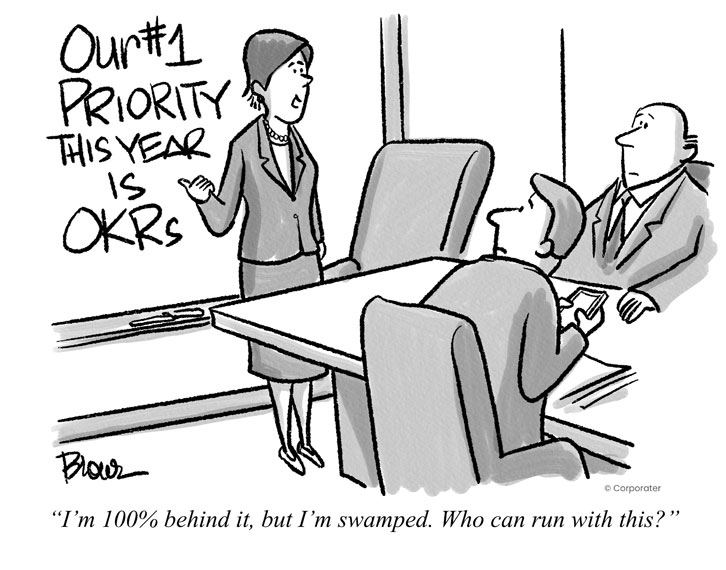
Every time one of us gets an inquiry from a potential new client, it triggers a little dopamine hit. It’s always interesting and exciting to open an email from a prospect: Where are they from? What industry are they in? What prompted them to reach out and learn more about our respective services? But the dopamine rush gets whisked away in an instant when the inquiry reads something like this:
“Hi, I’m Ashley, the CEO’s admin assistant. He asked me to reach out to companies like yours because we’re interested in learning more. Can you please send me a list of your services and prices?”
We’re not taking shots at Ashley here. She (and just as often it’s a Jim or Justin FYI) is just doing her job, following up on her boss’s wishes. We are, however, suggesting this is a less than ideal way to start a relationship with a potential provider, whether for consulting services or software. It sounds cliché, we know, but every client is different and will require a customized mix of services in order to reach their specific goals. You’re not buying a T-shirt online here, folks. When selecting a partner, if your only basis for the choice is a bare menu of prices and services, you’re depriving yourself of the value that comes from a true partnership between provider and client. And, frankly, it demonstrates a lack of commitment on the prospect’s part if they can’t even summon up the interest to hold a conversation with potential providers.
Let’s turn this around — here are three things any CEO or leader should do when selecting a potential consulting or software partner:
- Conduct research on the topic
Know what you’re buying! And, backing up from that, an even more basic question to ask is this: Why are you buying? What is the specific business reason you have for reaching out to a consulting or software partner? What is the problem you’re trying to solve? Only by answering that question can you make an informed choice based on what the market has to offer. - Go beyond the sticker
Don’t ever select a partner solely on the lowest price. On the rarest of occasions, you’ll get lucky and find a firm whose low prices are not representative of a lack of skill or experience. But for the most part, the old axiom fits: You get what you pay for. Deep subject matter expertise, relevant experience, and cultural fit are the true yardsticks for a healthy relationship between client and provider. Sometimes you’ll pay a bit more, but the rewards far outweigh the incremental hit to your P&L. - Don’t “outsource” the work
This relates to our opening salvo in this chapter — never have an administrative assistant or other person with no decision-making power conduct calls with your potential partner. Chapter one, page one of any book on change management will tell you that senior executive support is the make-or-break ingredient in any initiative. That commitment starts from the day you decide to reach out for some external help. Do it yourself to demonstrate to everyone your personal dedication to selecting the right partner for your specific needs.
We’d love to speak with you if you ever have any need for our services. Just make sure it’s you, and not your assistant reaching out.

